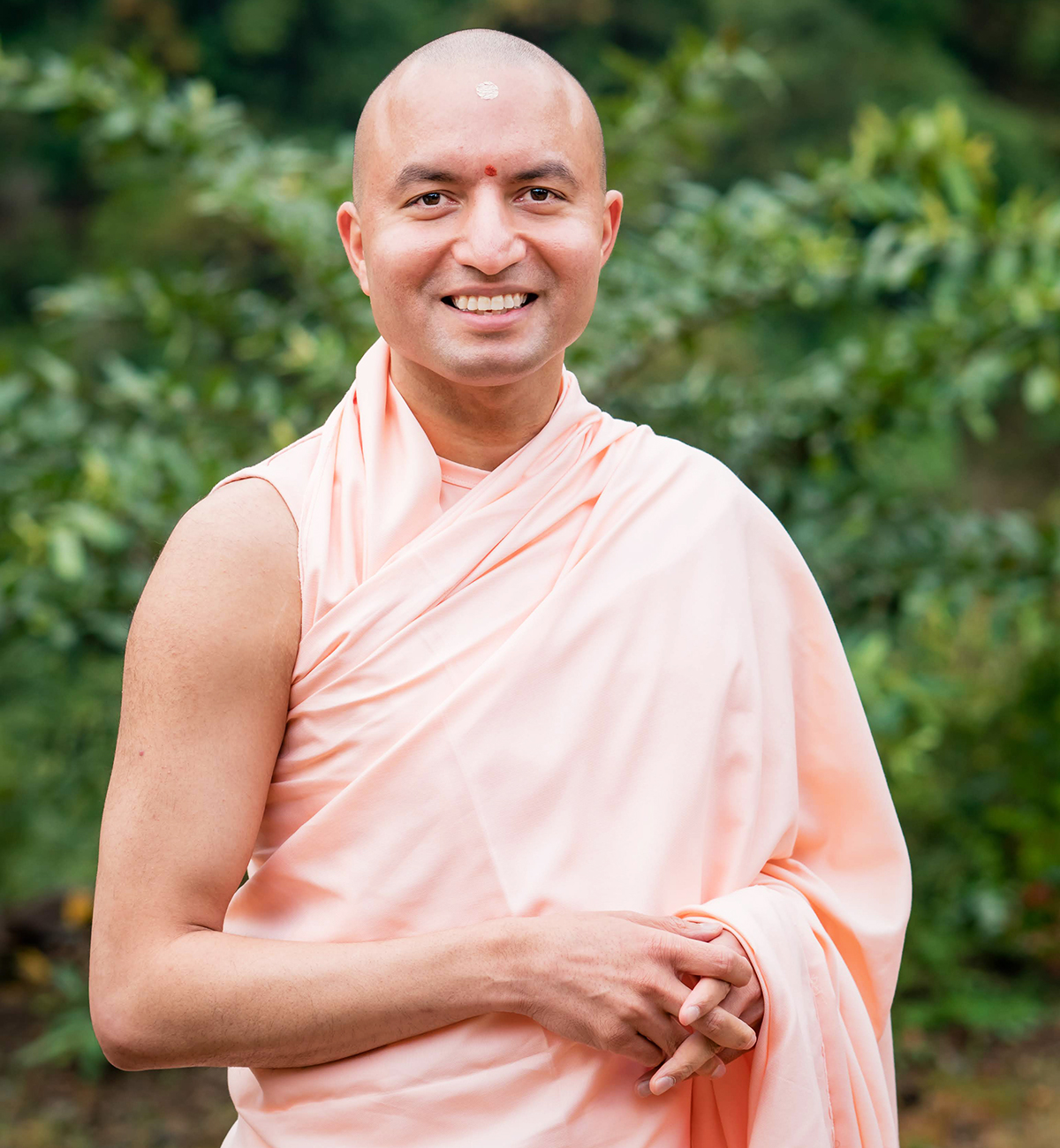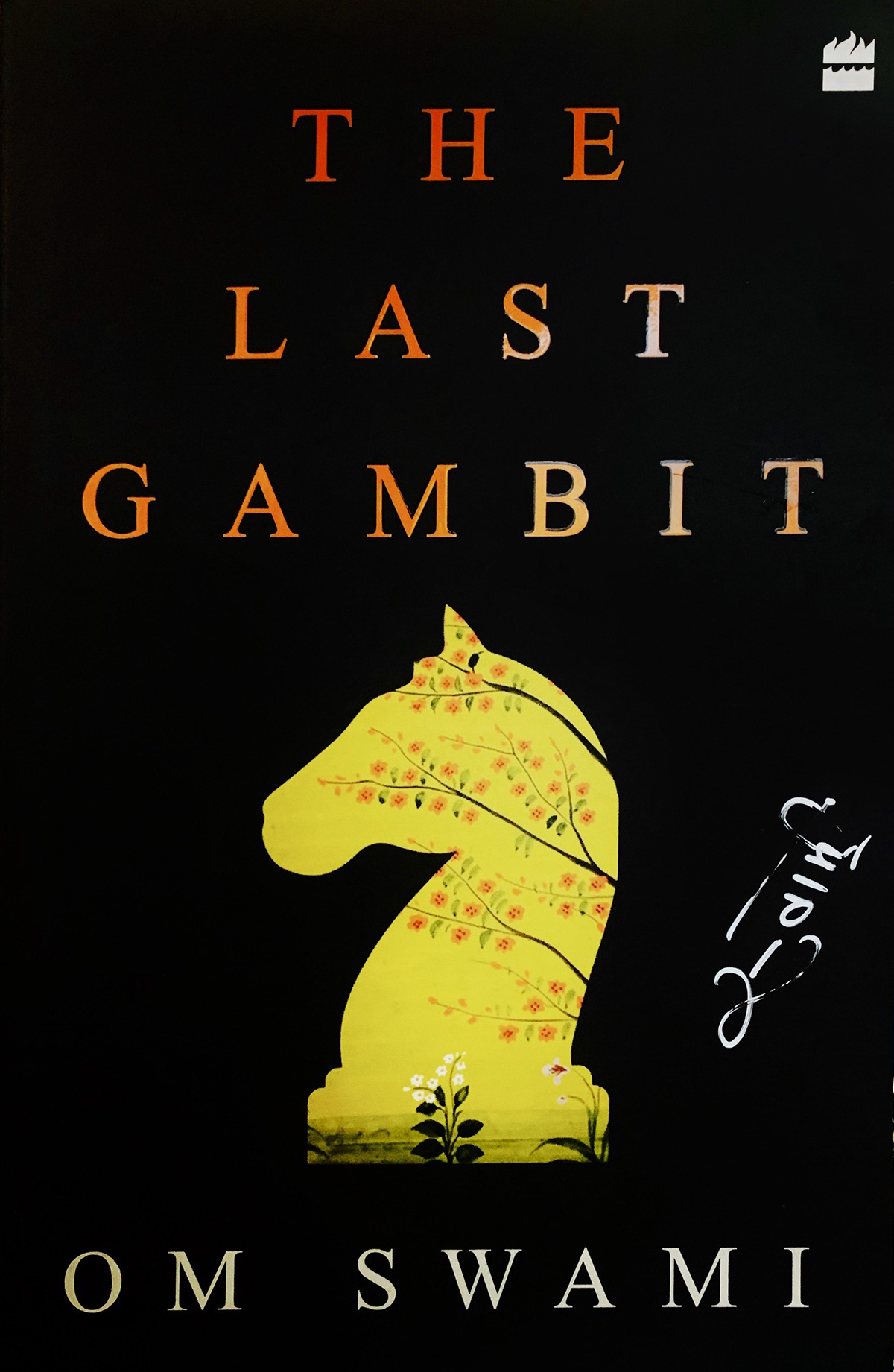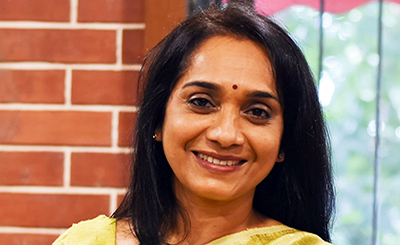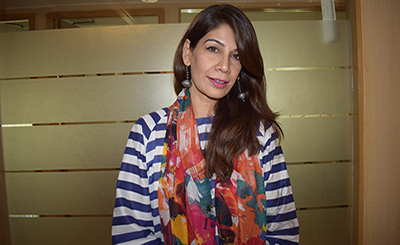
The disarming monk talks about his books, new projects, encouraging new writers, and how chess can teach us a thing or two about life
Om Swami was once a 20-something tech tycoon with multi-million dollar businesses across continents. Today, he is a renunciate who lives in the Himalayan foothills. Swami describes himself as a simple monk in a complex world who is unequivocal about truth and compassion being his non-negotiable values. An unconventional writer, he has written over 15 bestsellers covering a range of topics that include meditation, well-being, depression, and other big questions of life and is best known for his prolific writings around the sacred. Swami also teaches and helps people solve their problems — spiritual or mundane. And recently, the French translation of his only work of fiction, The Last Gambit, has won the prestigious Chronos Prize for Literature, a readers’ recognition award.
When asked about how it all started, Swami says, “Pretty much casually. On my blog, on my return from the Himalayas. I never thought I would write these many books or be a writer. Actually, I don’t even think I’m a writer. I have nothing special to share or say. I’m not trained in any way, shape or form, but it started because I had some questions to answer. I had some things to say, so I just started writing on my blog and subsequently through books, including my memoir, If Truth Be Told.”
I am curious about why he writes. Swami says, he writes to pay his bills. He also creates audiobooks and holds events for a living. “I only write about issues that I fully understand — I’ve either done in-depth research over the years or have some kind of practical experience firsthand. Except for one book, Children Of Tomorrow, which is a book on parenting, and is based on keen observation. And of course, the parenting I observed in my parents.”
He goes on to add that he doesn’t think he has anything new to tell the world. “I don’t think I’ve anything phenomenal to say. But I do have truth to share. And that is my fundamental principle of writing. I like to only state the truth, no matter how unappealing it may be.”
A casual internet search on Om Swami throws up books, his own blogs (os.me), a meditation app called Black Lotus and an ashram, Sri Badrika Ashram (in Solan, Himachal Pradesh). And articles on portals like the Medium. As I delve deeper into os.me, I notice that he encourages new writers to post on the website. Swami answered with his characteristic directness. What started him off was the idea that people must have a place where they can express themselves without feeling judged, rebuked or trolled for it. This, he felt, was the key issue with all the platforms that allow others to comment. And, yes, we need many solutions to defuse the Internet’s power to amplify abuse. This could also encourage shifts in values within online communities. “My long-term vision is to make it the kindest and the most truthful place on the internet. A place that is positive, kind and genuine and truthful, so that you can speak your heart and mind without feeling judged,” he says.
Does he feel that he needs to nurture the creative spark he has infused in his readers and help them move ahead, maybe even graduate to become full-fledged published authors? “People have been writing some amazing stuff on os.me. Now, do I see people graduating this platform to become full-fledged published authors? Well, I'm not so sure. I hope so. I guess we’ll see which way the wind blows.”
The search also threw up a recent post on Instagram that mentioned that the French translation of The Last Gambit had won the Chronos award. The book is about 14-year-old Vasu, who goes on to become a chess champ with the help of a mysterious teacher who has two interesting conditions. One that he would not accompany his student to tournaments and two, there would be no digging into his past.
Swami is pleasantly surprised with the award because he never thought that The Last Gambit would become so popular. “I don’t mean to demean myself, but I never felt any of my books would ever be popular. I wrote the books because I had something to say. I never wrote with the perspective that it should appeal to the audience, or that I should write something fascinating that the world will like. So I am just grateful, very grateful to the readers, to publications like The Punch Magazine and, of course to God, as, without grace, nothing is possible.
Does he identify with the master in this story? “I think I probably identify myself more with Vasu, the student. Because my whole life is about learning and learning more. I was, have been, am and will always be a student. It’s as simple as that.”

But what about defeat? People are often discouraged after defeat, and may not have the mystical teacher in the story. How does one tackle failure? “All good things grow with the right amount of resistance, and failures are very much a part of life. One way is to believe in yourself and really find out what it is that you care about. Because if you care about something passionately enough, you will find the motivation to get up every time you fall down. Having said that, it is also important to develop an open heart to all kinds of criticism. It doesn’t hurt to just listen to what our critics have to say or what other people are trying to tell us. Sometimes they can help us make improvements. Sometimes we can learn from other people’s experience. If you do something and you don’t have an obstacle or a hurdle, chances are, it’s not the right thing.”
The pandemic (and Netflix) has contributed to chess become one of the “it” activities of 2020. Swami says we gave the world chess, yoga, meditation — super intellectual activities that help your consciousness evolve. “We are just rediscovering our own roots. Something that was inherent in us, something that was latent is now rising to the surface. No two combinations or positions in chess can repeat really unless you are making exactly the same moves. There are more ways to make moves in chess than there are drops in the ocean. And I speak mathematically, computationally and not just metaphorically.”
With no travel and almost no visitors to his ashram home in Himachal Pradesh, what has kept Swami busy in 2020? Would Swami be writing more fiction? Despite all the restrictions that the pandemic has brought, Swami says he has remained busy producing original content for Audible. “I’ve been working on some audible books: an original series on Zen, on meditation and on stress and other life questions. And also in the process of recording 300 unique daily messages for them. Each one having a story, hopefully, and some humour — things like that. Five-minute daily messages. And if I were to write another piece of fiction, I think I would write about a tree. Yes, It’ll be about a tree.”
His next gambit? “I’m working on something magnificent, mind-blowing. I promise you would have never seen anything like it — that’s my guarantee, ironclad. And if you ask me what that is, well, you’ve got to wait for a little. So, in 2021, early quarter two (Q2), I’ll be unveiling something mind-boggling. Well, I may have oversold myself. I will be unveiling something unseen thus far in the area we are operating in. So please wait for it.”
More from The Byword
Comments
*Comments will be moderated











